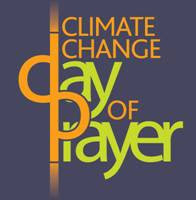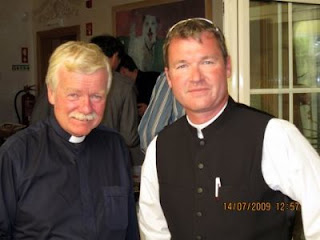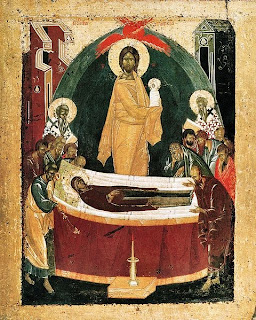Upcoming Michaelmas Ordinations are also Celebrations of New Work in the Diocese
Image by Lawrence OP via Flickr Two priests and one deacon will be ordained this Michaelmas in the Diocese in Europe. All three ordinands are serving new congregations and have had a major part to play in opening up new areas of work and ministry within our diocesan family. Coutances : I will preside at the ordination of the Revd Peter Hales to the priesthood on 3rd October at 10.30 am in Chapelle du Centre d’Accueil Diocésain (CAD) in Coutances, France. Bishop Stanislas Lalanne of Coutances has graciously offered the use of the chapel of his diocesan centre for the celebration. Peter will continue to serve as assistant curate of Christ Church, Coutances , a growing parish in the Manche region of Normandy, which has already already started a daughter congregation in Vezins in addition to the main congregation in the city of Coutances. (The address for the Chapel is 2 rue Daniel, Coutances 50200, France. For further details of the service contact the Revd Peter Hales at +33 2 33 58 8...










